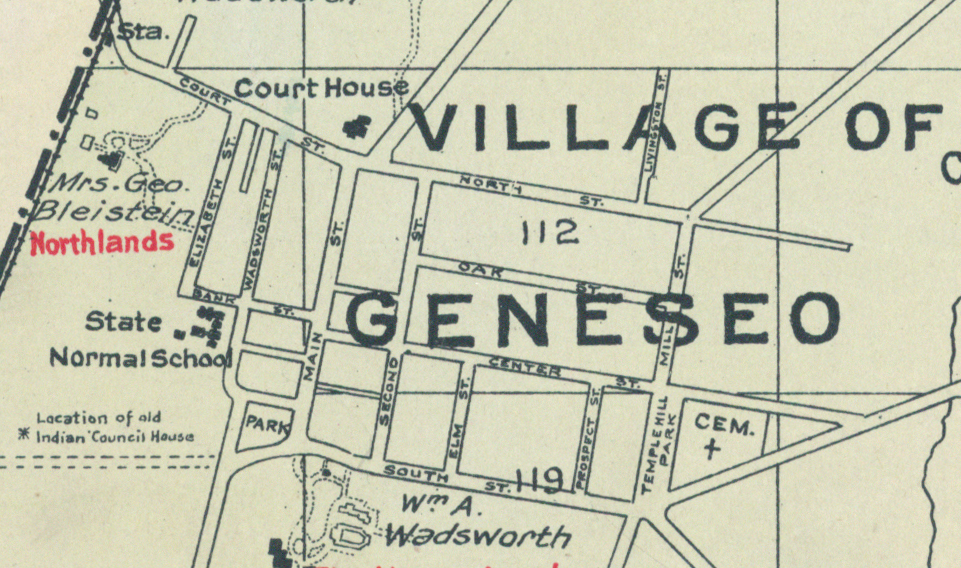Last semester I took “African American History to 1877” with Dr. Catherine Adams. During this course she mentioned the opportunity to apply to the “Writing Rights, Righting Wrongs: Transatlantic Narratives of Race” Conference which would take place in London, Ontario Canada at Huron University in April 2018. I really enjoyed Dr. Adams’ course and our discussions and readings on African American history, which gave not only a glimpse of America’s brutal past but also made me think about the legacy and effects of slavery and segregation on current social and racial issues in the twenty-first century.
One of the current issues regarding race and inequality in America today is the resegregation of schools. More specifically in New York City; the city where I was born and raised. I worked with Dr. Adams in cultivating a topic and eventually submitted my proposal. I decided to focus on New York City and its public school education system. I wrote about the trauma that slavery caused, which was black subordination and the normalization of the dehumanization of black people, which put limits on them and other people of color and their future generations, putting them behind in areas such as education.
I began my research on my topic during the beginning of this spring semester. Along with books, scholarly articles, and studying the specific impacts of the Brown V. Board of Education legal case, I incorporated my personal experience of attending a racially and socioeconomically segregated middle and high school into my paper. While researching and writing my draft, I discussed my topic with other students who attended public schools in New York City and asked about their experiences, as well as watch documentaries which touched on the racial and socioeconomic inequalities in New York City’s public school education system.

Dr. Justin Behrend was the other professor attending this conference who helped the other Geneseo participants edit and revise their paper, along with preparing for the conference. There were six other students, Michele-lane Detouche, Krista Borst, Alisa Mentor, Erin Herbst, James Hamilton, and Theresa Gibbons. Each student attending this conference completed a research paper or a visual presentation under the theme of “Writing Rights, Righting Wrongs: Transatlantic Narratives or Race.” The topics under this theme were grouped into five sessions: “No Safe Havens: Searches for Safety and Respect, Pre and Post Abolition,” “Consequences of the Peculiar Institution: Slavery and its ongoing impact” (this is the session where I presented my paper), “New Stories Demand New Storytellers: Identities Established through Narrative,” “Performing the “Right” Words and Behaviours: Perfectibility, Respectability and Rhetoric,” and a pop-up museum for visual presentations called “Seeing Oppression: Digital and Visual Examinations of Slavery and Subjugation.” After the each session the audience asked questions of each researcher regarding their paper, topic, and/or research process.
We all wrote about different aspects of history yet the common theme tied this conference together. There were other student researches who took part in this conference from other universities: Oberlin College in the US, Bath Spa University in England, and Huron University in Canada. Our one night and two days in Canada not only consisted of presenting our research with other professors and students from all over the world, but also a trip to an archeology museum and Niagara Falls, delicious Canadian meals, and a stay at a charming 1930’s cottage on the Huron campus. This experience allowed me to bond with not only Dr. Adams and Dr. Behrend, but also with six other Geneseo students from various classes and with other students from different parts of the world, who I may have never crossed paths with otherwise.

This was my first academic conference, and I truly had a great experience. I was proud of my own research and eager to share it with other fellow historians and researchers. After this trip, I reflected on the different career paths my history major could take me. I have thought about education policy and grant/research writing after this experience. I learned so much academically and personally, and left with more insight on America’s history on slavery and its effects in different time periods. I look forward to more conferences in my college career and hopefully beyond!

